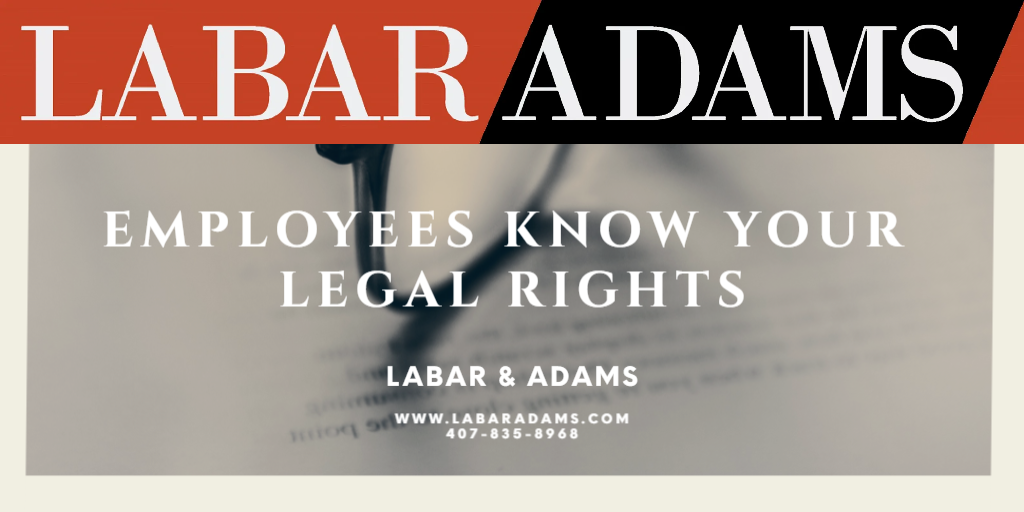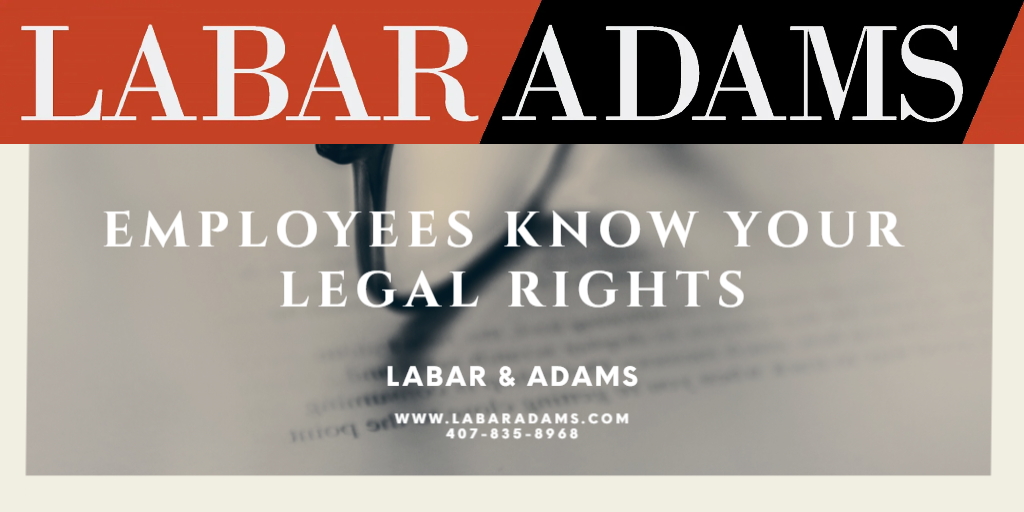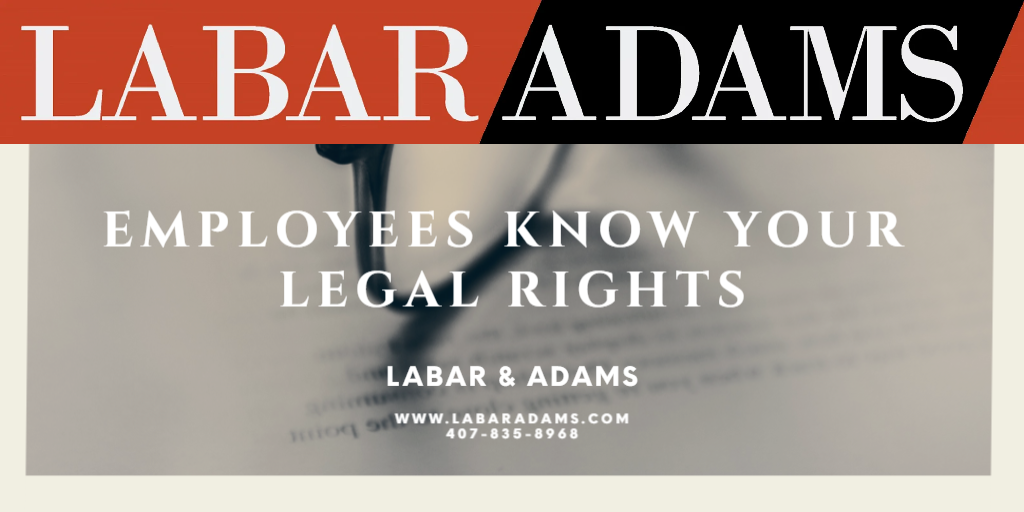Employers now must be asking themselves what it means to be a “supervisor” in a discrimination, harassment, or hostile work environment case after Vance v. Ball State, 133 S.Ct. 2434 (2013). Does Vance stand for the proposition that a “supervisor” in a discrimination, harassment, or hostile work environment case is only an employee that is empowered by the employer to hire, fire, and take other tangible employment actions against other employees? Unfortunately for employers in a discrimination, harassment, or hostile work environment case, Vance does not stand for such a proposition.
First, as the Vance court observed, someone can be a supervisor for the purpose of a discrimination, harassment, or hostile work environment case even when they only make recommendations and provide input to the decision maker who has “the ability to hire, fire, and take other tangible employment actions.” This point was emphasized by the majority in Vance when it observed that the individual Defendants in Faragher were “supervisors” because their recommendations with respect to hiring, supervising, and disciplining were in practice often followed. Vance, 133 S.Ct. at 2446-47, 2446, n.8. In fact to drive this point home, the Supreme Court made clear that “tangible employment actions can be subject to … approval” by higher management. Vance, 133 S.Ct. at 2447, n.8.
Second, there is nothing in Vance to suggest that an employer in a discrimination, harassment, or hostile work environment case cannot be held “liable for a supervisor’s sexual harassment under [the theory that]… the supervisor uses ‘apparent authority’ granted by the employer….” Dees v. Johnson Controls World Services, Inc., 168 F.3d 417, 422-23 (11th Cir. 1999). There is nothing in the Vance opinion that suggests that “supervisor” status cannot be established by utilizing “apparent authority/agency” principles in discrimination, harassment, or hostile work environment cases as addressed by the Eleventh Circuit in Dees. In fact, post- Vance Courts have still applied such common law theories of liability.
In Kramer v. Wasatch County Sheriff’s Office, the Tenth Circuit observed that “even if it was determined that [the harasser] lacked the actual supervisory authority described above, he could still qualify as a supervisor under apparent authority principles.” Kramer v. Wasatch County Sheriff’s Office, 743 F.3d 726, 742 (10th Cir. 2014)(emphasis added); see also Burlington v. News Corp., 2014 WL 5410062 *9-12 (E.D. Penn. October 24, 2014) (still applying agency principles post Vance) The Kramer Court ultimately concluded that “[f]or all of these reasons, whether Sergeant Benson qualifies as a ‘supervisor’ under apparent agency principles is a fact issue that precludes summary judgment on Sergeant Benson’s ‘supervisor’ status.” Kramer v. Wasatch County Sheriff’s Office, 743 F.3d at 743.
Thus, the case law now arguably defines a “supervisor” in a discrimination, harassment, or hostile work environment case as an individual that “works closely with his or her subordinates and has … the power [or apparent power] to … substantially influence tangible employment actions.” Obsurn v. Hagel, 2014 WL 4600270 *8 (M.D. Ala. September 15, 2014)(citation and quotations omitted).
If you have been a victim of discrimination, harassment, or a hostile work environment, please call the employment attorneys at LaBar & Adams, P.A. in Orlando, FL at 407-835-8968 or fill out the online form located on our website.





